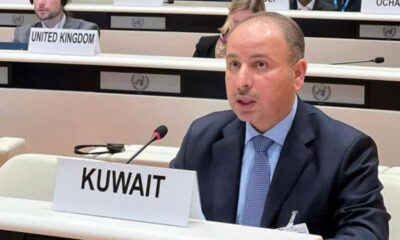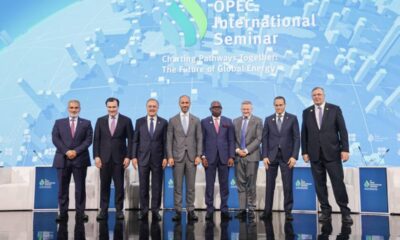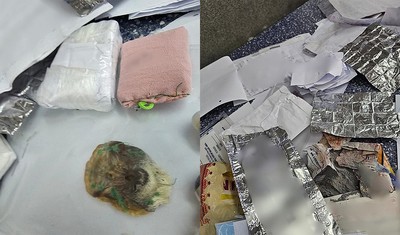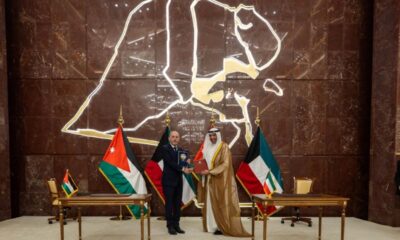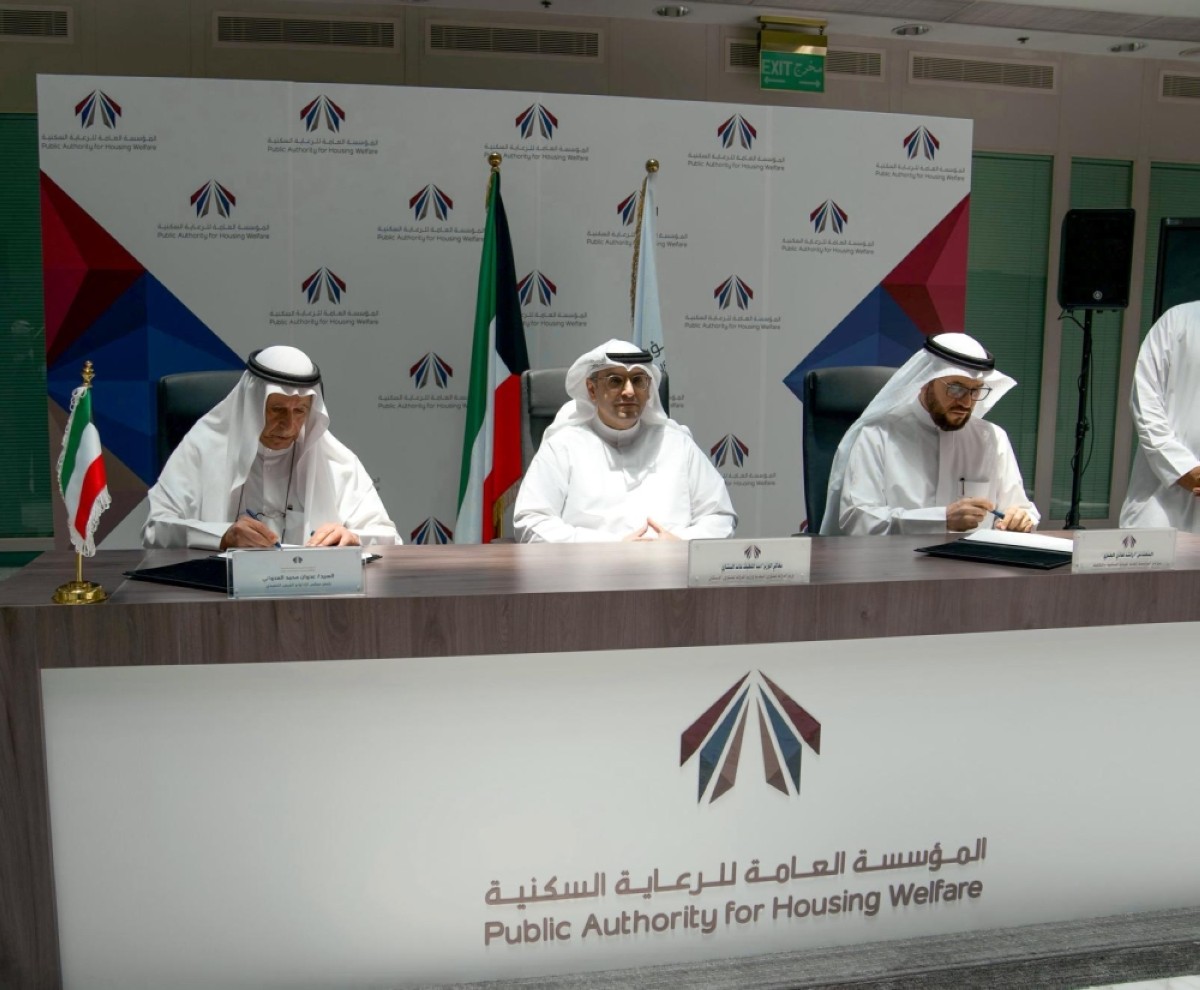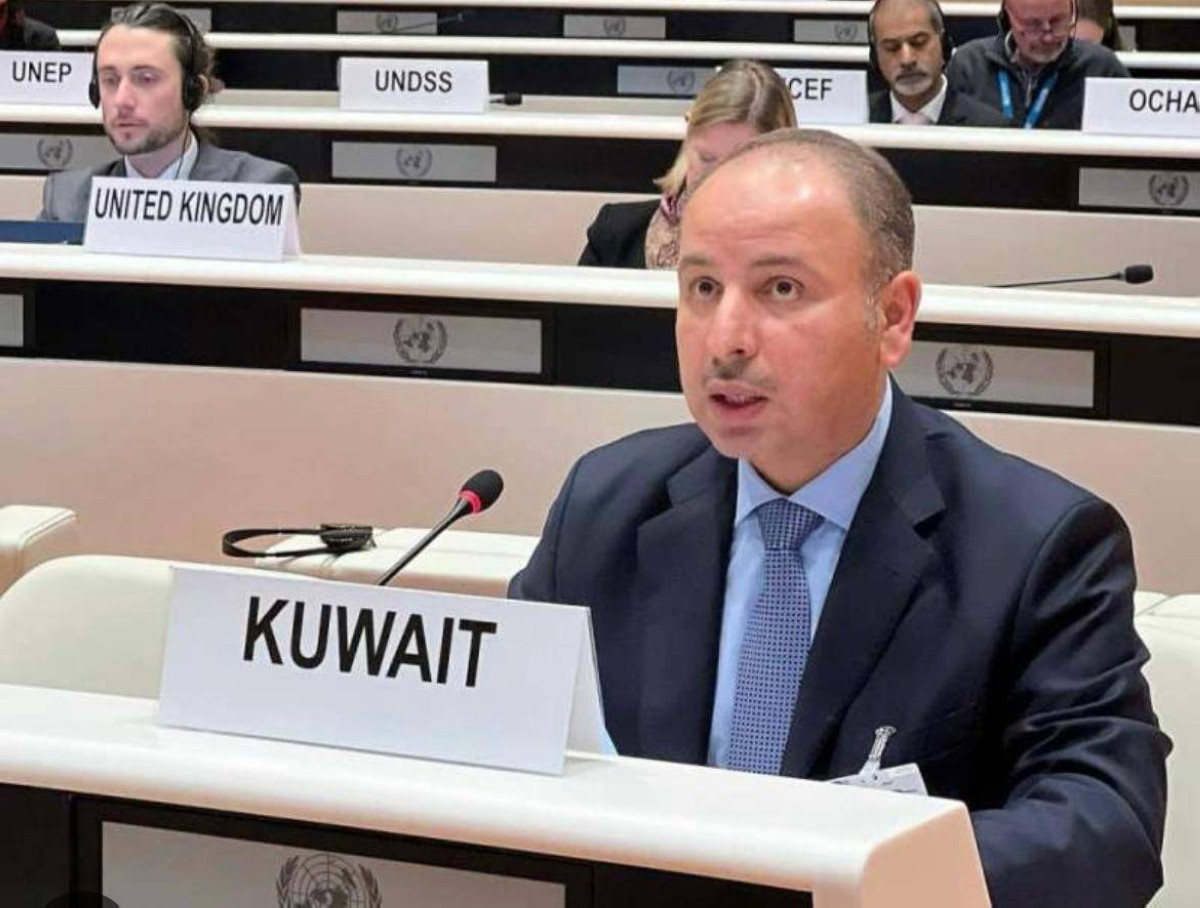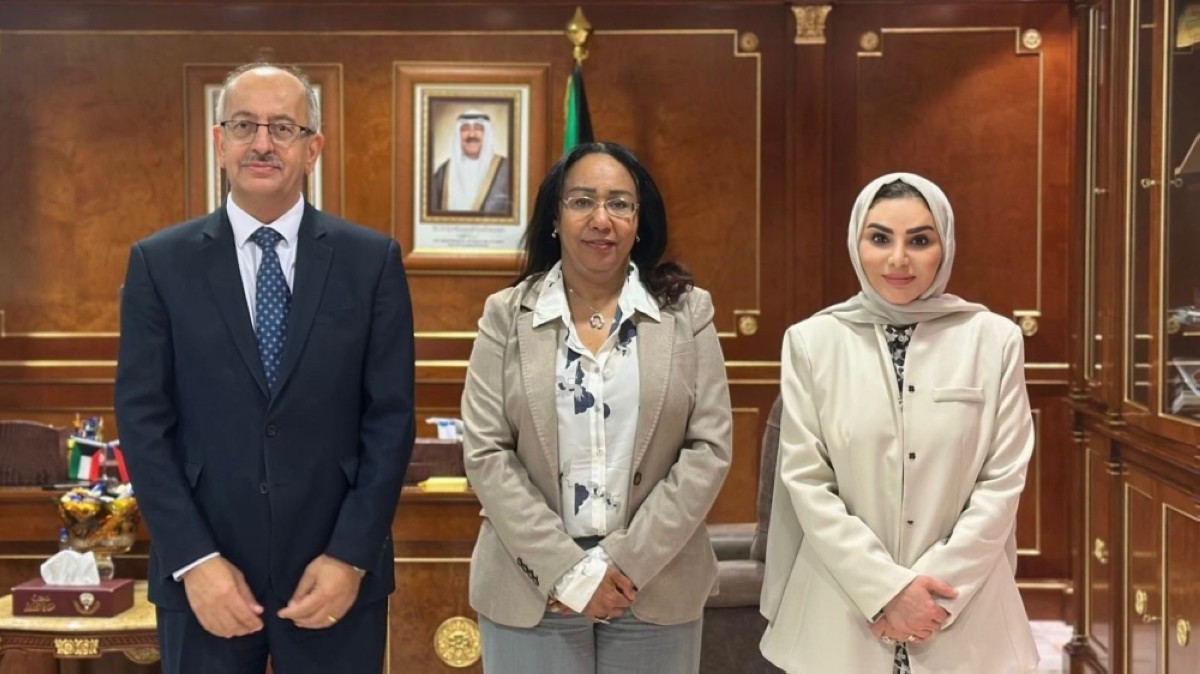KUWAIT: As Kuwait assumes the title of Capital of Arab Culture 2025, attention turns to its evolving cultural policy, which straddles the line between preserving national identity and expanding international cultural influence. Melissa Tedafi, a contemporary history specialist in Franco-Arabic cultural diplomacy and policies at Nantes Université, outlined Kuwait’s cultural ambitions during a roundtable at the University of Strasbourg’s Middle East and Muslim World Studies Congress. She highlighted how these ambitions are shaped by the country’s historical legacy, institutional challenges and modern aspirations within a competitive Gulf context.
“Cultural policies in Kuwait constitute an area of public intervention at the crossroads of national identity, social development, and international openness,” Tedafi explained. “They are part of a dynamic that is both conservative and modernizing.” This duality is a defining feature of Kuwait’s cultural landscape. On one hand, the state works to preserve its traditional roots and heritage; on the other, it seeks to become a regional hub for intellectual and artistic exchange.
A legacy of cultural pioneering
Tedafi noted that Kuwait’s cultural influence predates its independence in 1961. In the mid-20th century, it became a haven for Arab intellectuals fleeing authoritarian regimes, establishing itself early on as a center for artistic and intellectual life. “Even before independence, Kuwait positioned itself as a major intellectual and artistic center, welcoming Arab thinkers and writers fleeing nationalist or Islamist dictatorships,” she said.
This pioneering role was driven by two key forces: An educated Kuwaiti elite committed to modernist values and openness, and a desire to carve out a distinct national identity amidst regional giants such as Saudi Arabia and Iraq. Today, the government continues to reinforce this identity through institutions like the Department of Antiquities and Museums and the National Council for Culture, Arts and Letters (NCCAL). Strategies include educational outreach, youth engagement and the training of tourist guides and cultural mediators.
Gulf War trauma and institutional fragmentation
Kuwait’s cultural momentum suffered a major setback during the 1990 Iraqi invasion, a trauma that still echoes in national memory. “The Iraqi soldiers looted and burned the national museum to erase all traces of national identity. Only part of the objects were recovered by the state,” Tedafi said. Beyond this historical trauma, structural challenges persist. While the NCCAL remains the main institution safeguarding Kuwait’s heritage, Tedafi noted that weak inter-institutional coordination hampers cohesive cultural development. “Cultural policies are often dependent on one-off initiatives, poorly articulated with global foreign policy. This fragmentation harms any coherent soft power strategy.”
Constraints of conservatism
Despite enjoying relatively greater press freedom than some Gulf states, cultural expression in Kuwait is constrained by conservative laws and social norms. “Kuwaiti culture is governed by restrictive legislation: Censorship of artistic works deemed ‘immoral’ or ‘blasphemous’, publication bans, legal sanctions against critical authors,” Tedafi said. “This control considerably limits cultural vitality, and consequently the country’s ability to project an image of openness and intellectual freedom.” These limitations present a challenge to Kuwait’s efforts to present itself as a tolerant and diverse cultural space — a key objective in light of the 2025 designation.
A strategic soft power shift
Despite these constraints, Kuwait views culture as a pillar of both national cohesion and international diplomacy. “The designation of Kuwait as Capital of Arab Culture 2025 represents a major opportunity to consolidate the country’s position as a leading cultural center in the Arab world,” Tedafi emphasized. “It allows the country to reveal its commitment to creativity, tolerance, and cultural diversity, while providing a platform to showcase achievements in the arts and strengthen intercultural dialogue internationally.” The year ahead offers Kuwait a unique chance to align its cultural ambitions with tangible execution — if it can overcome institutional fragmentation and ideological barriers.
A modest yet strategic regional model
Unlike Gulf neighbors such as Qatar and the United Arab Emirates, which pursue cultural dominance through lavish investments in projects like the Louvre Abu Dhabi and Education City, Kuwait follows a more restrained path. “Since the 2000s, Kuwait has been part of a regional trend where culture becomes a tool for soft power,” Tedafi observed. “However, unlike Qatar or the United Arab Emirates, which rely on massive investments, Kuwait adopts a more modest approach, but no less strategic.”
This strategy is built on three pillars: Promoting national heritage, particularly maritime history, Bedouin traditions, calligraphy and vernacular architecture; supporting local cultural industries such as theater and popular music, where Kuwait has historical strengths; and fostering international educational and cultural partnerships, including Arabizing scholarships, co-financing events in the West and active engagement with UNESCO.
The Capital of Arab Culture 2025 title presents a rare opening for Kuwait to redefine its cultural standing. To fully seize this moment, the country must pursue greater institutional coherence, loosen restrictive cultural laws and invest steadily in both domestic arts and international outreach. Standing at a critical crossroads, Kuwait must now choose whether to continue its path of strategic modesty — or lead with a bold, culturally vibrant model of soft power in the Arab world.

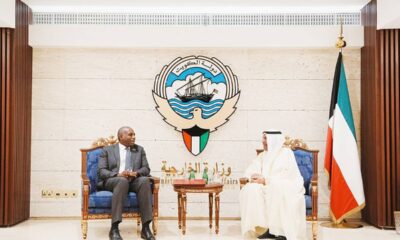
 Latest News4 hours ago
Latest News4 hours ago
 Politics10 hours ago
Politics10 hours ago
 Politics22 hours ago
Politics22 hours ago
 Politics21 hours ago
Politics21 hours ago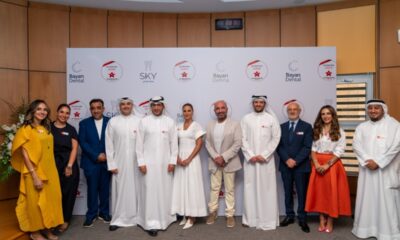
 Latest News13 hours ago
Latest News13 hours ago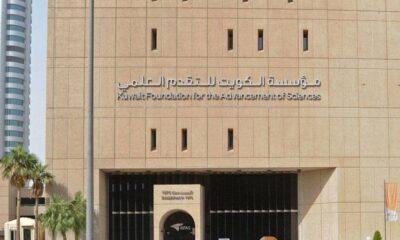
 Latest News10 hours ago
Latest News10 hours ago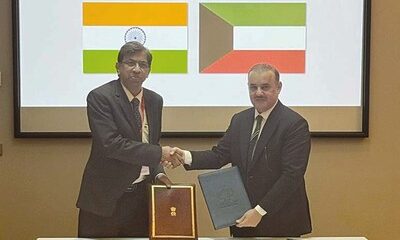
 Business10 hours ago
Business10 hours ago
 Latest News8 hours ago
Latest News8 hours ago
